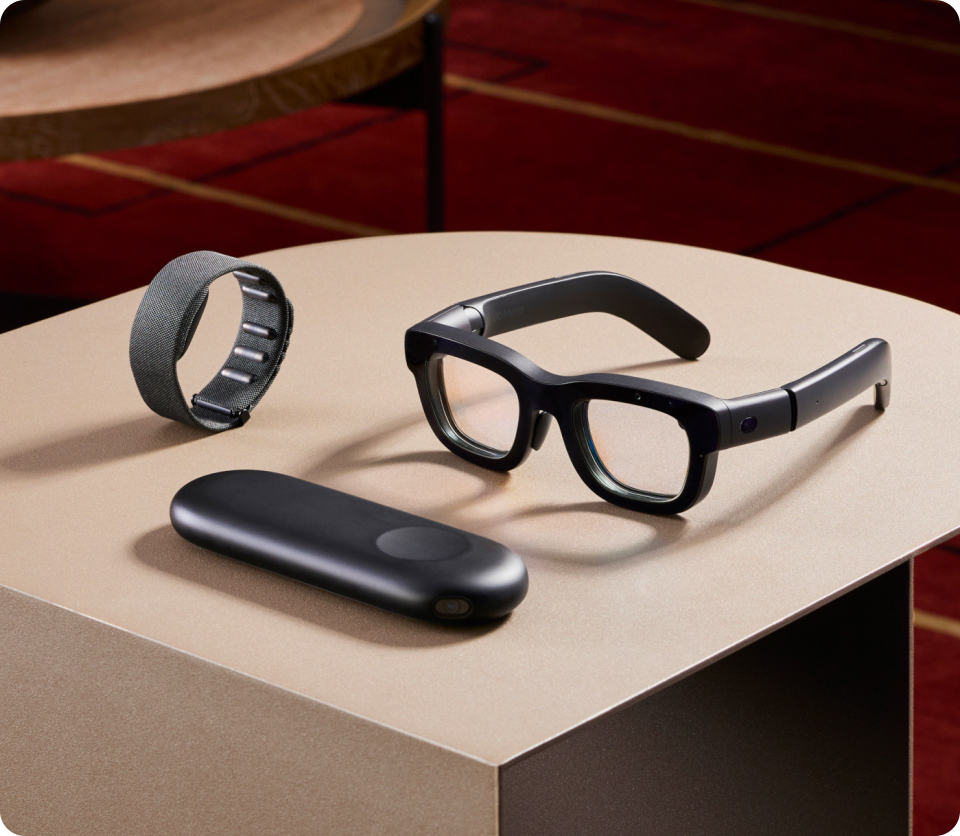The Article Tells The Story of:
- Mark Zuckerberg claims smart glasses will replace smartphones as the primary tech by 2030.
- Advancements in AR, AI, and battery life drive this shift.
- Smart glasses promise immersive, hands-free interaction.
- Smartphones may become secondary devices in a decade.
Smart Glasses to Replace Smartphones: Zuckerberg’s Vision for 2030
Mark Zuckerberg, the CEO of Meta, has made a game-changing prediction. He believes that by the 2030s, smart glasses will replace smartphones as the dominant personal technology. Speaking at a tech conference, he described the gradual shift to wearable devices that offer a more immersive and interactive experience than smartphones.
Smartphones have evolved significantly since their inception, but Zuckerberg suggests that Glasses will take their place. These wearables will blend technology with everyday life, enabling seamless interaction with digital content.

Check Out Our Article of AR Glasses Tech in 2025: Google Takes on Meta’s Ray-Bans Published on December 26, 2024 SquaredTech
A Gradual Transition
The transition from smartphones to Glasses will not happen overnight. Zuckerberg outlined a timeline for this shift:
Check Out Our Article of Why the Facebook Parent Is Interested in Ray-Ban Sunglasses? Published on July 18, 2024 SquaredTech
- 2025-2027: Basic smart glasses gain popularity for notifications and simple tasks.
- 2028-2030: Advanced AR-enabled smart glasses become mainstream, offering real-time navigation and contextual information.
- 2031-2033: Smart glasses match or surpass smartphones in functionality.
- 2034-2036: Smartphones become secondary as smart glasses dominate.
Technology Advancements Driving Adoption
Four key technologies will drive the rise of smart glasses:
- Augmented Reality (AR): AR overlays digital information onto the real world, enhancing user engagement.
- Miniaturization: Devices are becoming sleeker and more comfortable for all-day wear.
- Battery Improvements: Better battery life will allow smart glasses to function throughout the day.
- AI Integration: AI will provide predictive assistance, real-time feedback, and smarter interactions.
What Smart Glasses Will Offer
Glasses promise to transform how we interact with technology. Using AR, they can display information like directions, weather updates, and social media feeds over the real world. These glasses will also support hands-free voice communication, text messaging, and media consumption.
By combining functionality with convenience, smart glasses aim to make traditional smartphones less essential.
Implications of the Shift
The transition to Glasses signifies a profound change in how people engage with technology. While the shift will take time, it is poised to redefine communication, entertainment, and productivity.
As companies like Meta and Apple push the limits of wearable tech, smart glasses could become an indispensable part of daily life. The question is no longer if but when this transformation will occur.
This evolution marks a significant step forward, blending technology seamlessly into our everyday routines. By 2030, the devices in our pockets may give way to those on our faces, ushering in a new era of personal computing.


